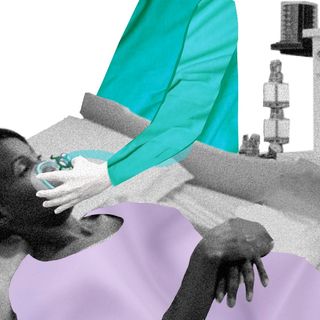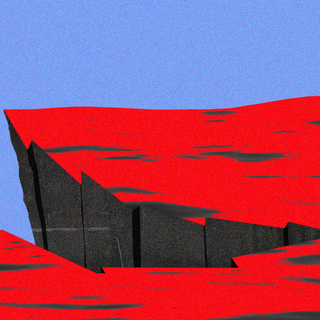Contrary to what it seems like, a heart attack is not the end of the road — human hearts can, and do, repair themselves after such adverse events. Understanding how could be our key to revolutionizing cardiac healthcare and medicine, and a new study brings us closer to this elusive knowledge.
According to new research published in the Journal of Clinical Investigation, the lymphatic and immune systems play a crucial role in facilitating repairs after a heart attack. It all boils down to a type of special cells called macrophages — these arrive at the scene of a heart attack to clear up dead tissue and cells and initiate repair by producing proteins called VEGFCs (vascular endothelial growth factor C), Science Alert reported.
“We found that macrophages, or immune cells that rush to the heart after a heart attack to ‘eat’ damaged or dead tissue, also induce [VEGFC] that triggers the formation of new lymphatic vessels and promotes healing,” saidEdward Thorp from Northwestern University in Illinois.
Related on The Swaddle:
Why More Women Die of Heart Failure Than Men
The whole process improves heart function, and scientists were able to pinpoint VEGFCs as an important source of healing by studying the process in mice. These findings can then be used to figure out how to better leverage macrophages to produce more of the protein after a heart attack — a potential treatment that could dramatically lower the risk of heart failure. Another key finding was that deficiencies of VEFGCs could induce a pro-inflammatory response — an unfavorable outcome for a healing heart.
The findings are particularly important because they can improve post-heart attack care regimens that can prevent heart failure more effectively. Currently, heart failure is a serious concern and cause of morbidity after a heart attack — with some studies finding that the risk is elevated in women. “We are working to understand more about the progression to heart failure after a heart attack, in order to intervene early and reset the course to cardiac repair,” said Guillermo Oliver from Northwestern University, who co-authored the study, in a press release.
“… additional studies aimed at better characterizing the basic mechanisms of cardiac repair should facilitate the development of novel and complementary approaches to preserve heart function,” the researchers wrote.




